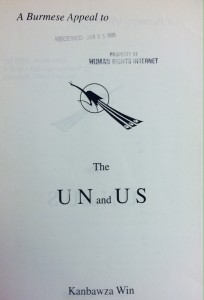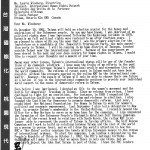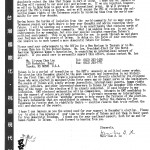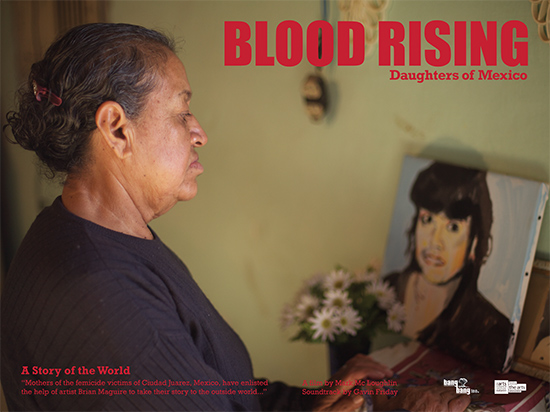On August 8, 1945, representatives of the United Kingdom, United States, provisional government of France and the Union of Soviet Socialist Republics signed the Agreement and Charter establishing the International Military Tribunal for the prosecution and punishment of the major War Criminals, known as the London Charter. The result of long and difficult negotiations that began while the Allied forces pushed in on the German lines from both east and west, the London Charter was concluded almost three months to the day that Germany surrendered to the Soviet Union.
The charter of the International Military Tribunal (IMT) declared that aggressive war was an international crime and established the IMT court in Nuremberg, Germany to try the remaining major German leaders for their actions both before and during World War II. Nuremberg was notorious as the city where Hitler had proclaimed his racial laws in 1935. Four judges from the United States, Great Britain, France, and the Soviet Union, as well as alternates for each, were assigned the jurisdiction to try high ranking German government, military, and civilian leaders deemed personally responsible for the specific crimes. This would be the first time that an international court would hold a government responsible for its treatment of both its own citizens and citizens of other countries during war time. Continue reading









